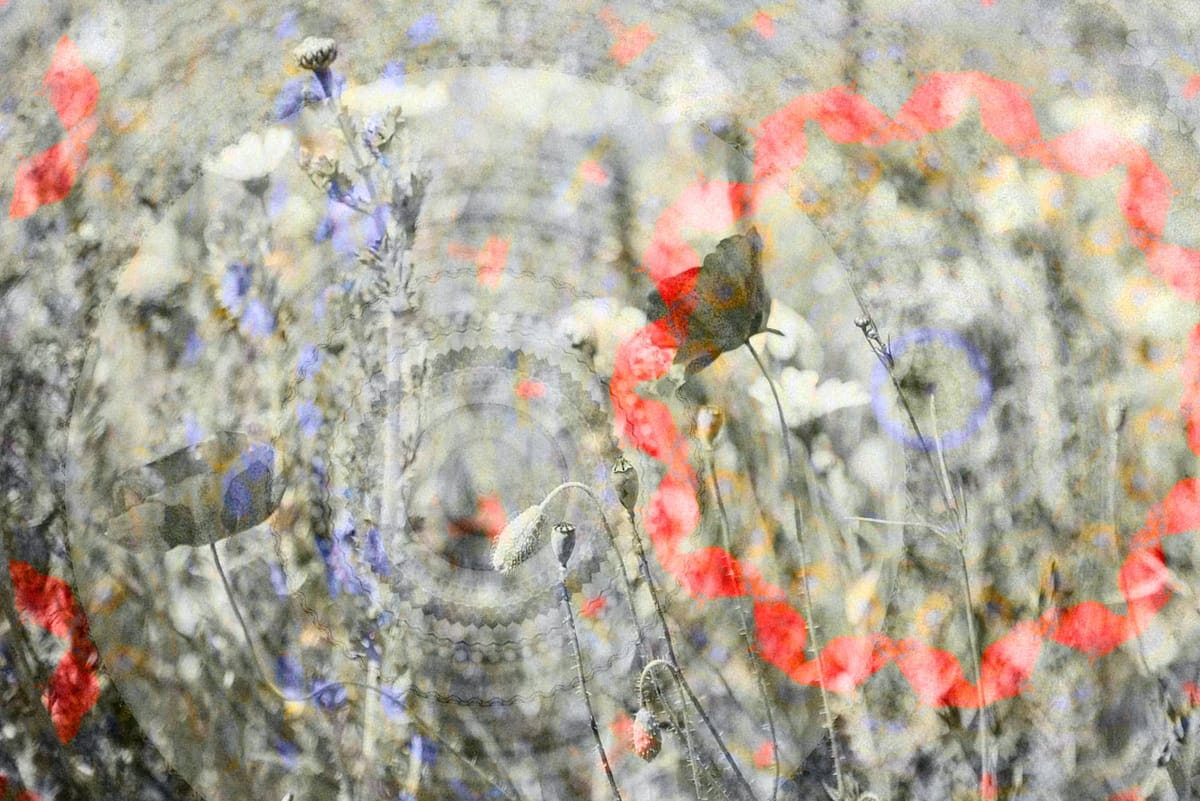Based on the teachings of the Huangdi Neijing (The Yellow Emperor's Classic of Medicine), Classical Chinese Medicine recognises the soul and the five Shen as synonymous terms. These five Shen are believed to be the spiritual components of an individual, with each one associated with a specific internal organ and responsible for regulating various aspects of one's mental, emotional, and spiritual health. In addition, the five Shen are closely linked to the five Phases, one of the foundational concepts of Chinese Medicine.
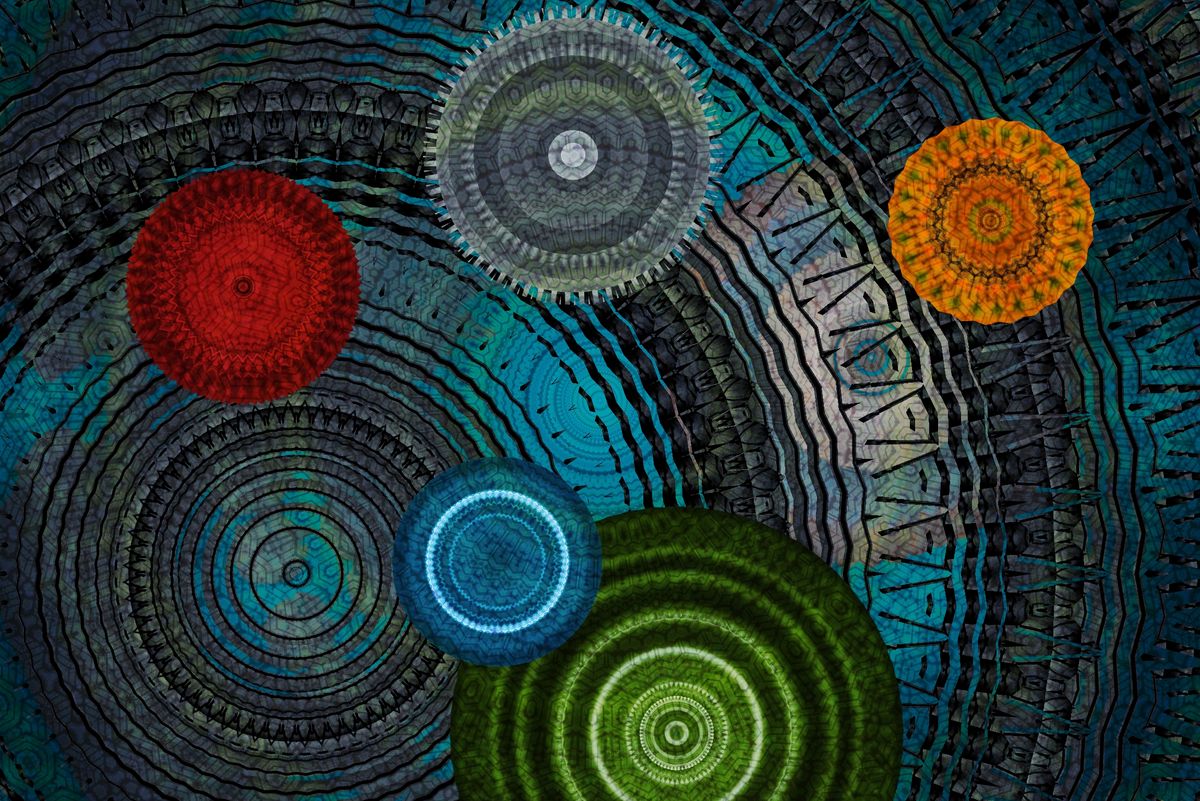
The Heart houses the Mind, the Lungs house the Corporeal Soul, the Liver houses the Ethereal Soul, the Spleen houses the Intellect, and the Kidneys house the Will-Power.
These five aspects together form the Five Shen, as mentioned in the old classics.
For simplicity of reading, we will distinguish the Term Mind, indicating the Shen that resides in the Heart responsible for thinking, cognition, consciousness, self-identity, insight, emotions, and memory, from the term Spirit to denote the Shen as the complex of all five mental-spiritual aspects of a human being, the Mind itself of the Heart, the Ethereal Soul (Hun) of the Liver, the Corporeal Soul (Po) of the Lungs, the Intellect (Yi) of the Spleen and the Will-Power (Zhi) of the Kidneys.
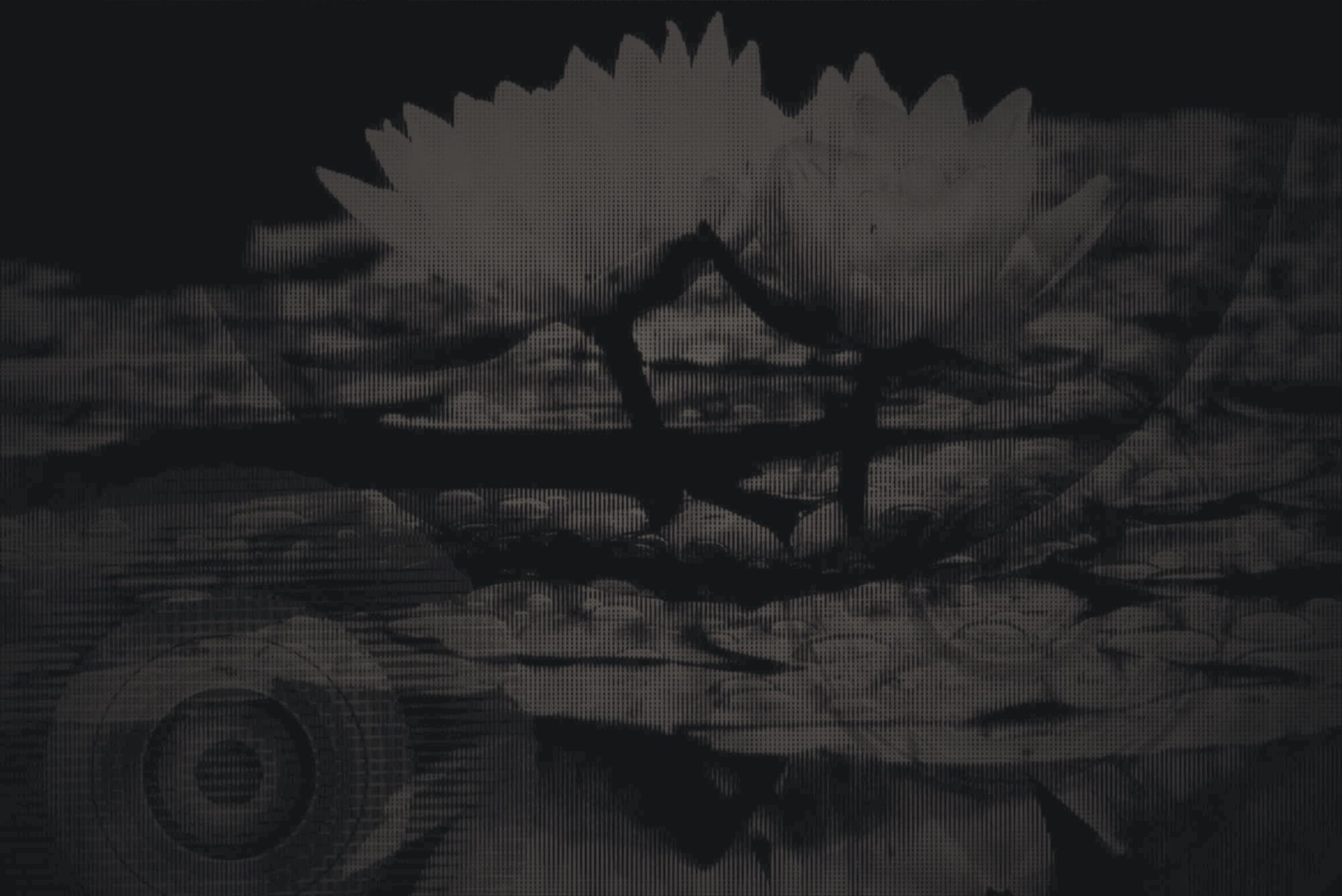
The five Yin organs are the physiological basis of the Spirit. The state of Qi and Blood of each organ can influence the Mind or Spirit; conversely, alterations of the Mind or Spirit will affect one or more internal organs.
Shen
The fifth Shen is called the Heart-Shen. It is associated with the heart and is responsible for our emotions, consciousness, and spirit. The Heart Shen is often translated as the mind, it is said to be accountable for our ability to think, feel, and experience the world around us. It is also believed to be connected to our ability to communicate with others and share love and compassion. When the Heart Shen is balanced and harmonious, an individual can experience positive emotions such as love, joy, and contentment. They can also connect with others deeply and experience a sense of spiritual fulfilment. However, when the Heart Shen is imbalanced, an individual may experience feelings of anxiety, depression, and a lack of emotional balance.
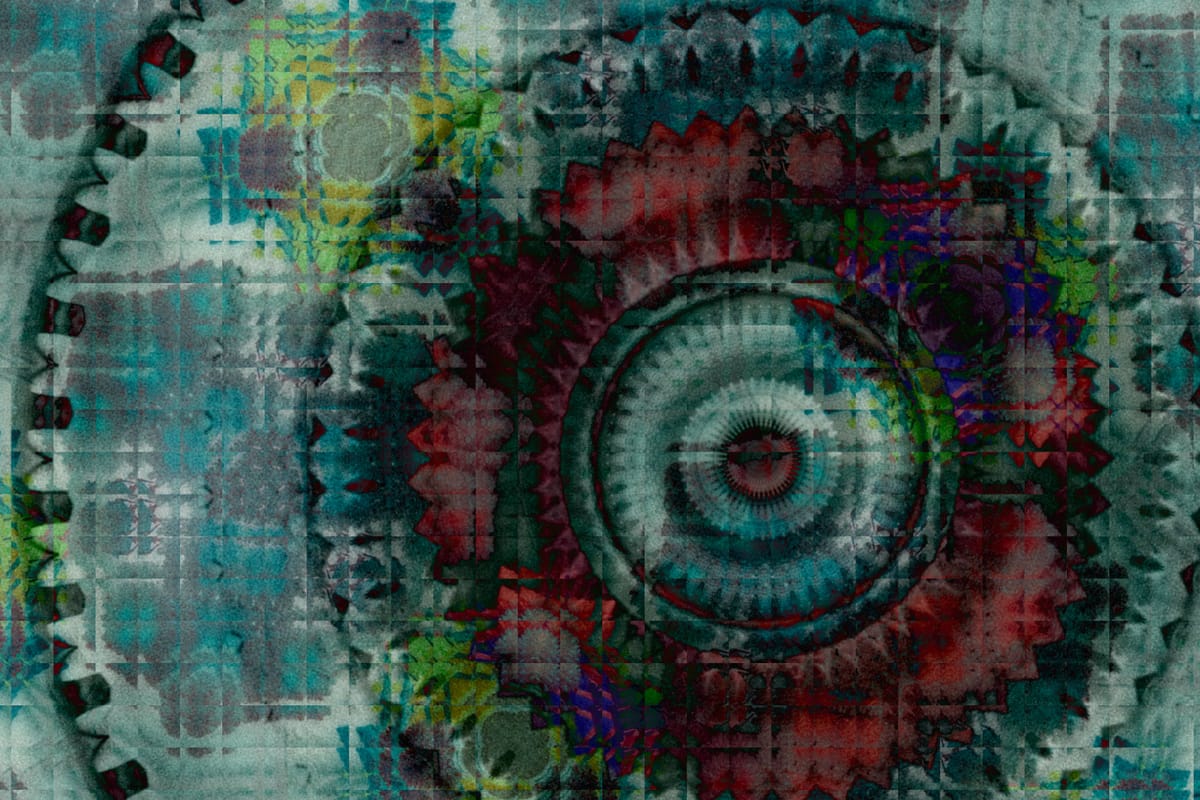
Hun
The first Shen is called the Hun, and it is associated with the liver and is responsible for planning, decision-making, and having a sense of purpose. Hun is also believed to be connected to dreaming and the ability to envision the future. It is said that when Hun is balanced and harmonious, an individual can make clear decisions and have a strong sense of purpose in life. On the other hand, when Hun is imbalanced, an individual may experience feelings of confusion, indecisiveness, and a lack of direction.
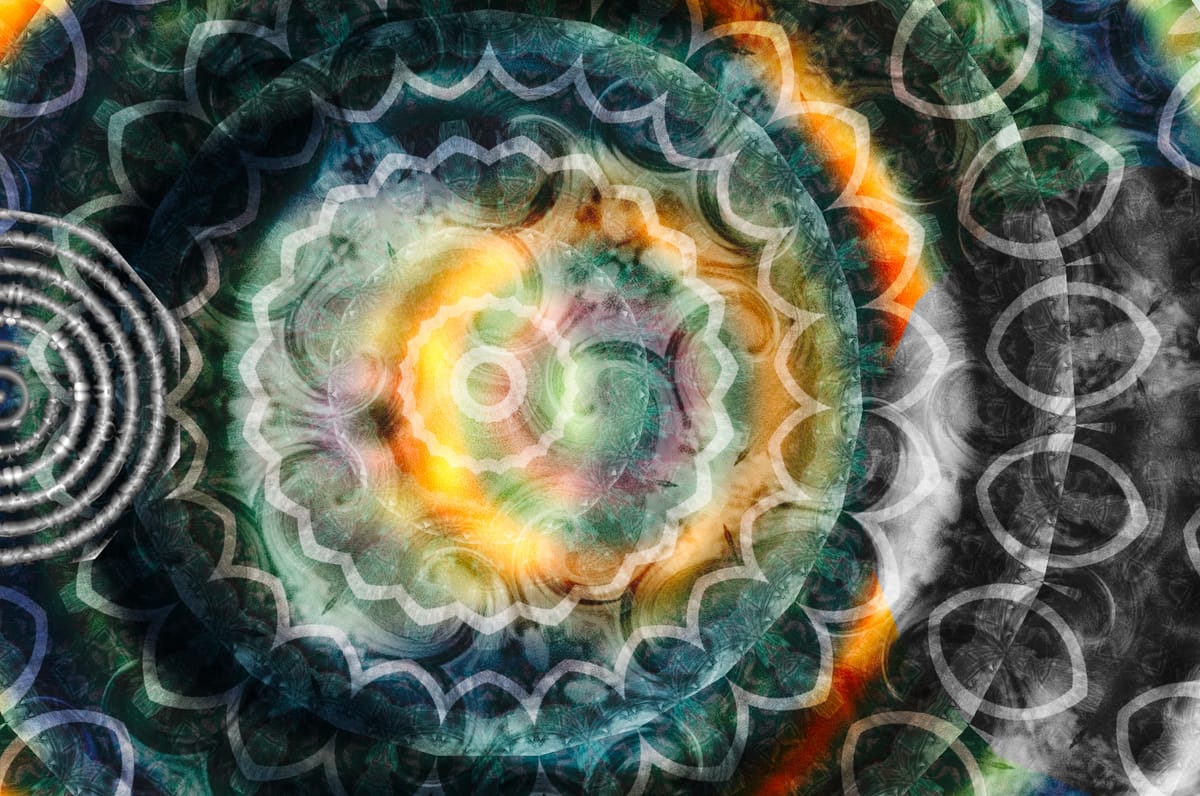
Po
The second Shen is called the Po. It is associated with the lungs and is responsible for our physical body and survival instincts. Po is often called the human soul because it is connected to our physical existence and is responsible for holding our physical body together. It is also associated with our animal nature and our instinctual responses to the world around us. One can maintain good health and vitality when Po is balanced and harmonious. However, when Po is imbalanced, an individual may experience feelings of fear, anxiety, and a lack of physical energy.

Yi
The third Shen is called the Yi. It is associated with the spleen and is responsible for our ability to think and focus and our capacity for memory and intellect. Yi is often translated as the intellect and is said to be responsible for our ability to make sense of the world around us. It is also believed to be connected to our ability to analyse and understand complex information. When Yi is balanced and harmonious, an individual can think, focus their attention, and have a good memory. However, when Yi is imbalanced, an individual may experience confusion, forgetfulness, and a lack of mental focus.
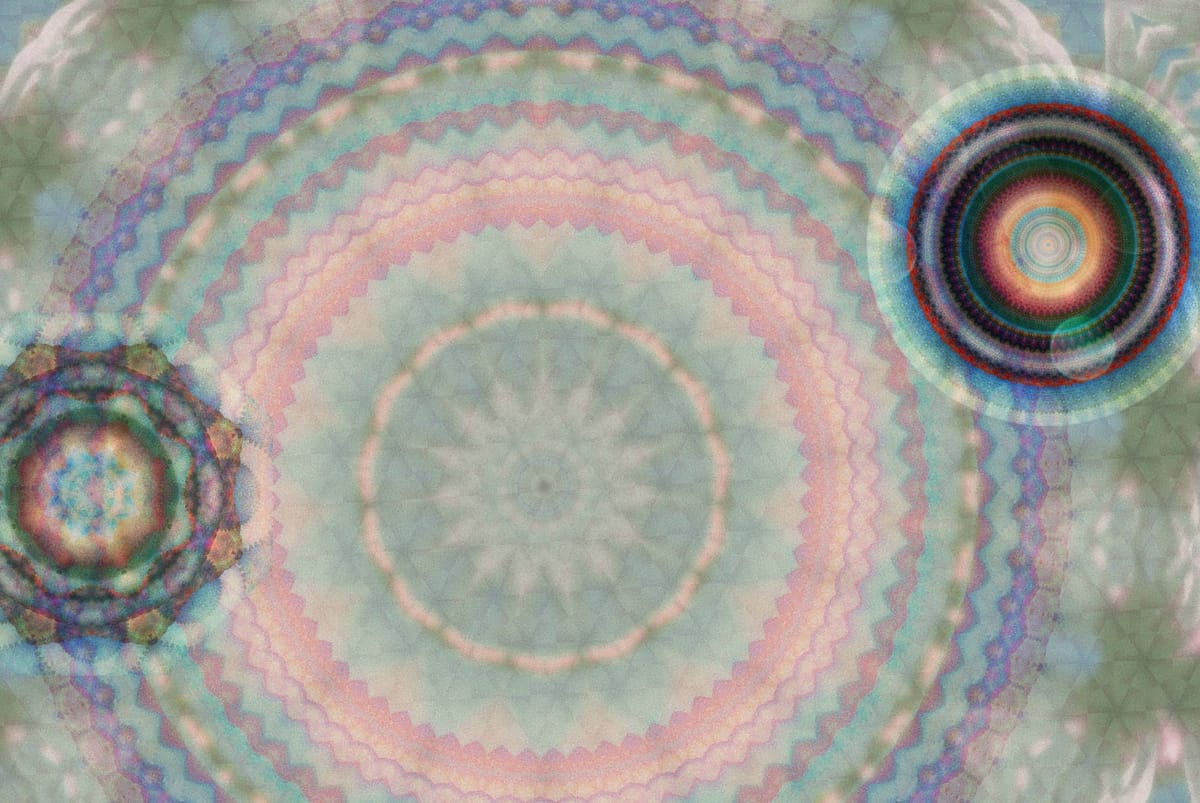
Zhi
The fourth Shen is called the Zhi. It is associated with the kidneys and is responsible for our willpower, drive, and determination. Zhi is often translated as the will, it is said to be accountable for our ability to set goals, make plans, and take action to achieve those goals. It is also believed to be connected to our ability to endure and persevere in facing challenges and obstacles. When Zhi is balanced and harmonious, an individual can stay focused on their goals and be determined to overcome the barriers. However, when Zhi is imbalanced, an individual may experience apathy, indecisiveness, and a lack of motivation.
